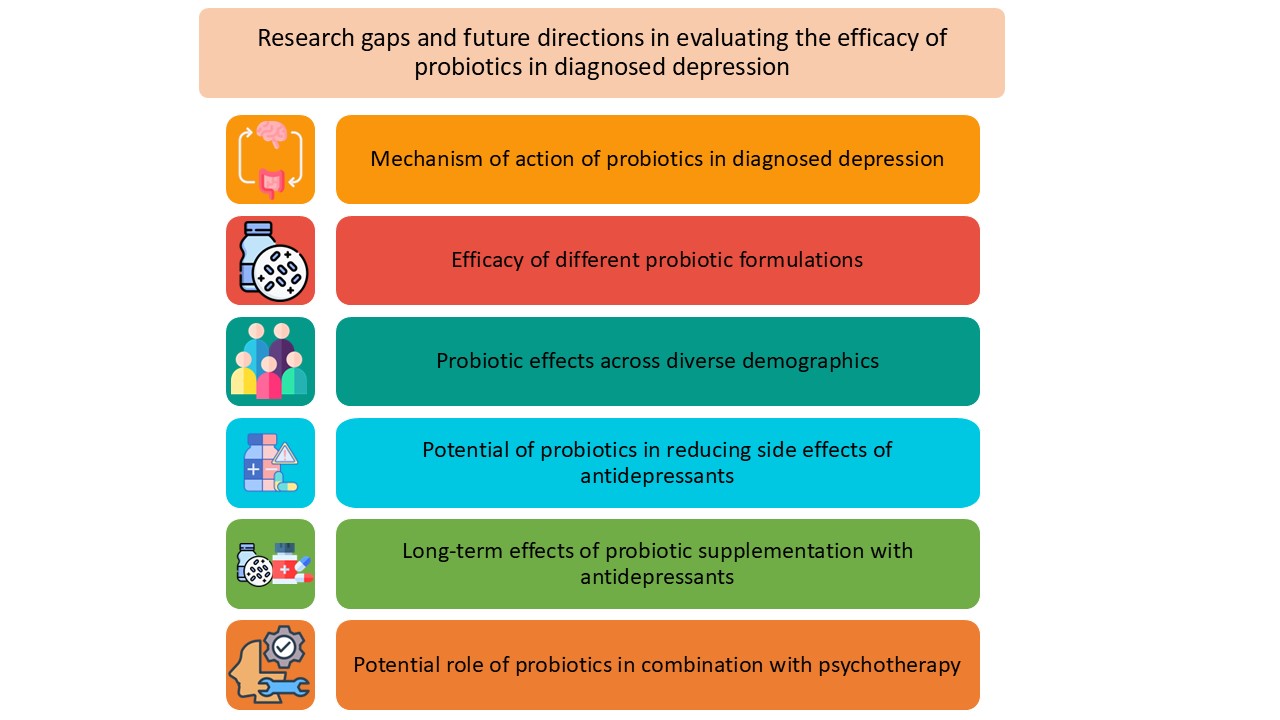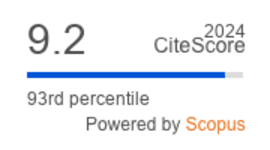Probiotics in Depression Management: Efficacy, Mechanisms and Future Directions
DOI:
https://doi.org/10.36877/pmmb.a0000459Abstract
Depression affects approximately 280 million people worldwide, representing a significant public health burden. It is characterized by persistent sadness, anhedonia, fatigue, sleep disturbances, cognitive dysfunction, and in severe cases, suicidal ideation. The pathophysiology is often attributed to neurotransmitter imbalances, hypothalamic-pituitary-adrenal (HPA) axis dysfunction, and inflammation. Recently, the gut-brain axis has garnered attention for its role in mood regulation, suggesting that probiotic supplementation may influence depressive symptoms through gut microbiome modulation. Therefore, this review examines recent findings and research gaps regarding the efficacy of probiotics in managing clinically diagnosed depression. Emerging research demonstrates that daily probiotic supplementation from 3×109 CFU to 9×1011 CFU for four to eight weeks in combination with antidepressants is effective in improving depressive symptoms. Effective formulations commonly included Bifidobacteria, Lactobacilli, Lactococcus lactis, and Streptococcus thermophilus. Nevertheless, significant gaps remain, particularly concerning the mechanistic pathways, comparative effectiveness, and impact across different demographics of the probiotics. Furthermore, the long-term effects of probiotic use with antidepressants, their role in reducing antidepressant side effects, and combined effects with psychotherapy are largely understudied. Addressing these gaps through standardized methodologies will enhance evaluations of probiotic strains to optimize microbiome-based treatment regimens, and ultimately improve mental health outcomes in depression management.

Graphical abstract. Summary of research gaps and future directions to determine the efficacy of probiotics in diagnosed depression.
Downloads
Published
How to Cite
Issue
Section
License
Copyright (c) 2025 Learn-Han Lee

This work is licensed under a Creative Commons Attribution-NonCommercial 4.0 International License.
Author(s) shall retain the copyright of their work and grant the Journal/Publisher right for the first publication with the work simultaneously licensed under:
Creative Commons Attribution-NonCommercial 4.0 International (CC BY-NC 4.0). This license allows for the copying, distribution and transmission of the work, provided the correct attribution of the original creator is stated. Adaptation and remixing are also permitted.

This broad license intends to facilitate free access to, as well as the unrestricted reuse of, original works of all types for non-commercial purposes.
The author(s) permits HH Publisher to publish this article that has not been submitted elsewhere.



.png)

.jpg)
